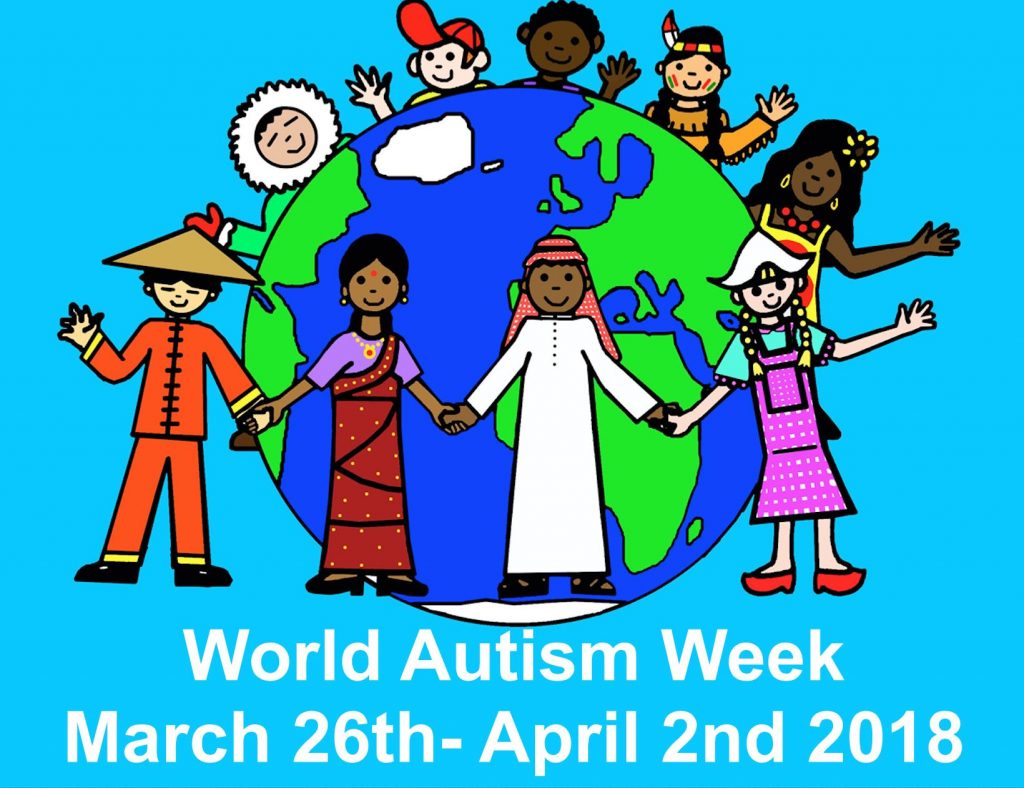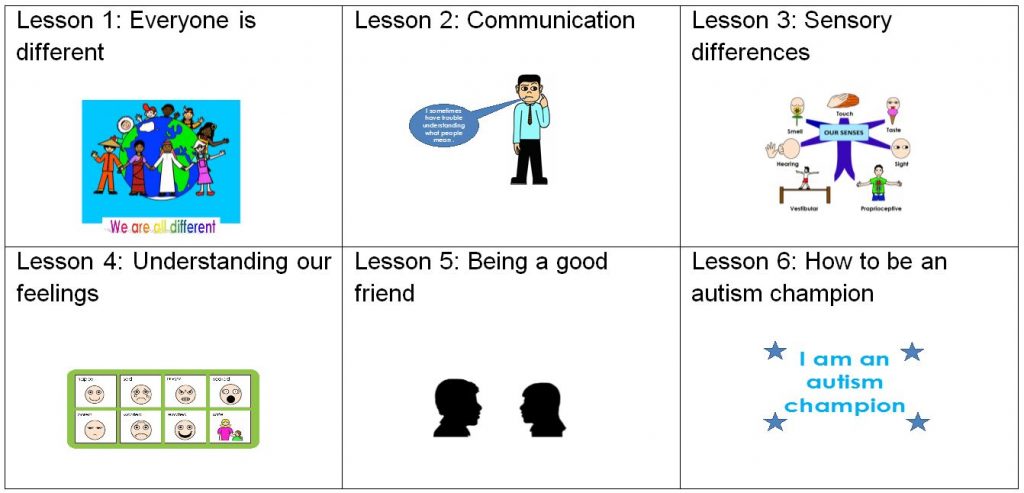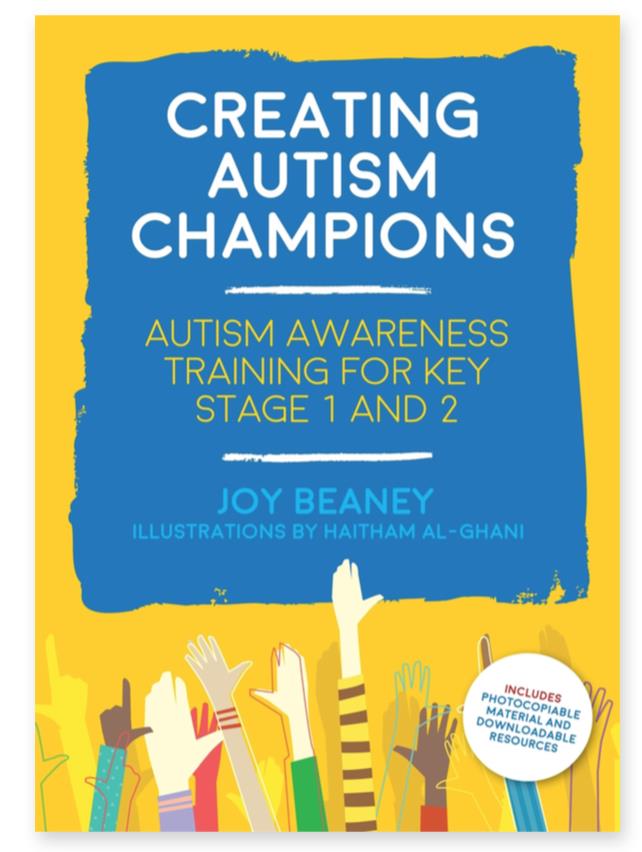With Autism Awareness Week just around the corner, we are delighted to tell you about an innovative resource by Joy Beaney entitled Creating Autism Champions. Here, Joy explains what has inspired the book, and what can be done to increase awareness of and sensitivity towards children with autism.

What made you want to write Creating Autism Champions?
I believe that we need to develop children who are aware of the various needs of people with autism and how they can work, grow and play together rather than putting the onus on those with autism to ‘fit in’ with school and society.
I worked as Manager of an Outreach Service supporting children with autism in mainstream Primary schools. A major part of the work as an outreach service for children with autism was to promote inclusion. The outreach team delivered staff training to raise awareness of autism and recommended practical strategies and approaches to support children with autism. These practical strategies were designed to help the children themselves, as well as their teachers and caregivers. However, whilst these strategies undoubtedly helped the children to cope with the day-to-day problems of coping in school, we found that when the children with autism reached 8 or 9 years of age, new issues emerged surrounding the difficulties they had with social acceptance. We undertook a peer awareness project in local schools developing understanding and changing attitudes to autism so that children could become ‘champions for autism’ and support their peers both in the classroom and playground.
How can the resource be used?
This exciting resource will enable schools to not only train their staff but to raise peer awareness through a ready to play PowerPoint assembly and lessons. The Assembly can stand alone and be delivered to the whole school to raise awareness of autism and form part of the Personal, Social and Emotional Curriculum focusing on difference. It could also be delivered to a class or small group and form Lesson 1 of the series. Staff can easily adapt the lessons and activities to make them age appropriate for the children in their class and choose the elements that suit their setting.
The lessons focus on:

What will schools gain from the raising awareness assembly and lessons?
By encouraging children to act as ‘Champions for Autism’, mainstream schools can set up a sustainable and inclusive support network for children with autism that works by breaking down barriers and changing attitudes towards the condition. As a result of this peer awareness intervention strategy, the schools involved noticed significant improvement; pupils with autism were observed to have more positive and confident interactions with their peers. Children without autism were more empathetic as they gained a greater understanding of the strengths and differences of the pupil with autism. They were able to suggest ideas on how to ensure that school was a fun and positive place to be for a child on the spectrum.
Can you talk a bit about your own experience and how you came to be interested in autism?
I have had many years’ teaching experience in both mainstream and special education. During my career, I have been an Assistant Head at a special school and manager of an Inclusion Support Service that provided staff training and support for children in mainstream schools. I set up ‘Autism Train’, to provide training for families, educational settings and organisations so that people can make a positive difference to the lives of people with autism.
Throughout my career I have tried to reduce barriers to inclusion for children with Special Educational Needs. It is only when children are in an appropriate state physically and emotionally that they are ready to learn. I believe it is important to give a positive message about Autism describing an individual’s strengths but also explaining the differences and possible challenges the child or young person with autism might face. Only in this way will we be able to cultivate an inclusive and accepting society that truly embraces and celebrates difference.
In the past most autism training in schools has been to increase the understanding of adults but I believe we need to widen this to develop children’s understanding so they are aware of the various needs of people with autism and how they can work, grow and play together.
- Click here to download a questionnaire to rate how inclusive your school is for children with autism.
- To find out more about how to create ‘Champions for Autism’ in your school, see Creating Autism Champions.
If you would like to read more articles like this and get the latest news and offers on our books about autism, why not join our mailing list? We can send information by email or post as you prefer. You may also be interested in liking our Autism, Asperger’s and related conditions Facebook page.
